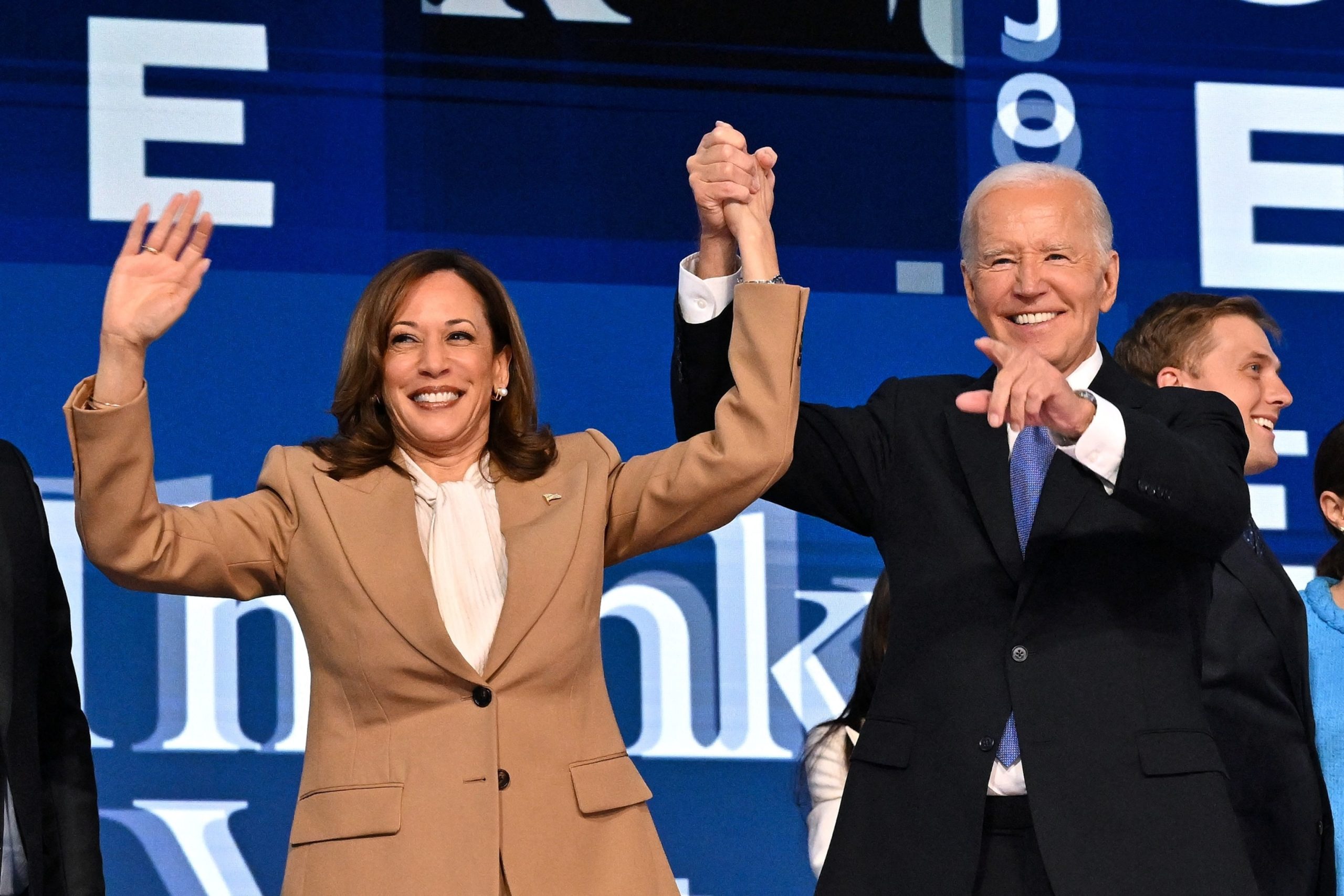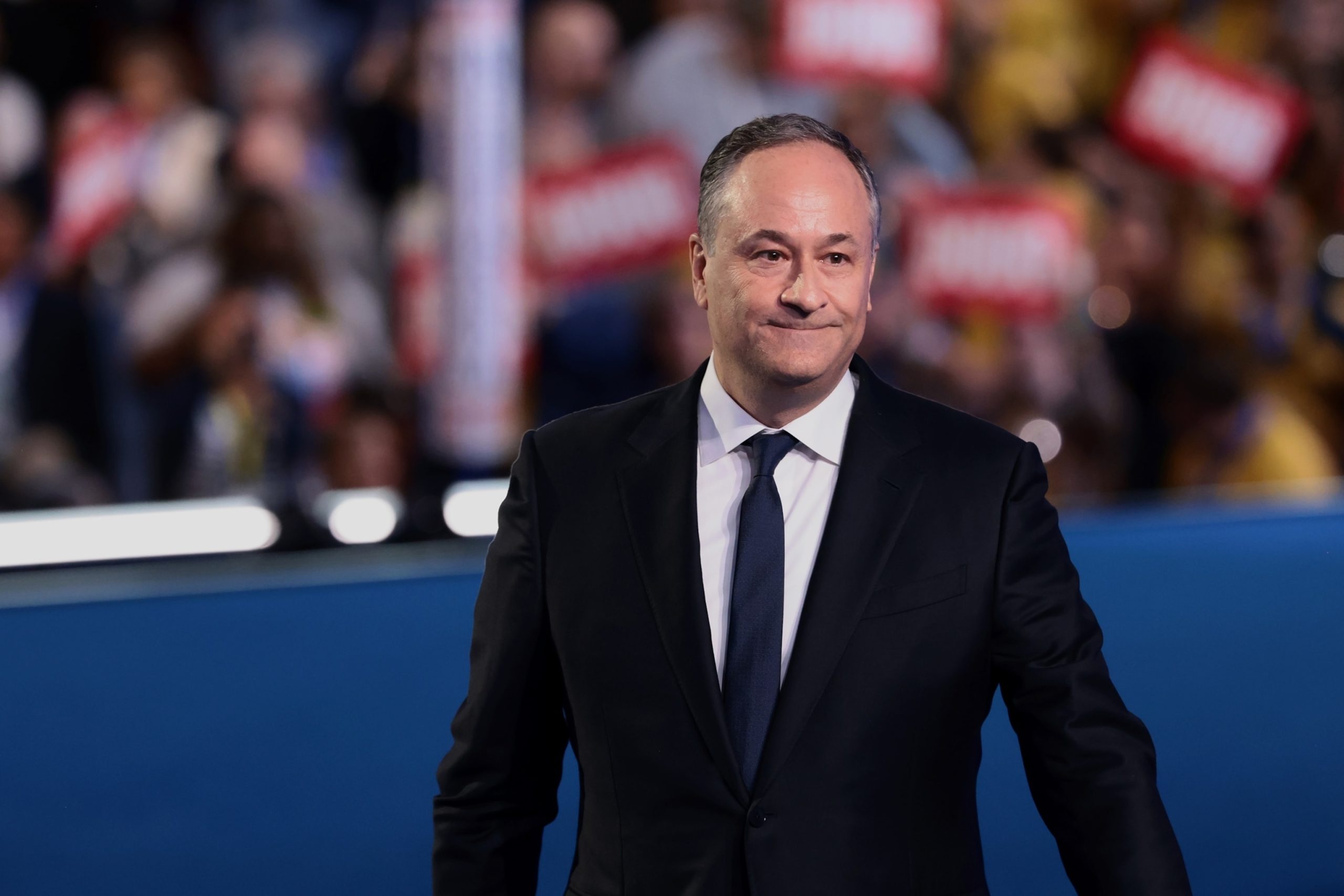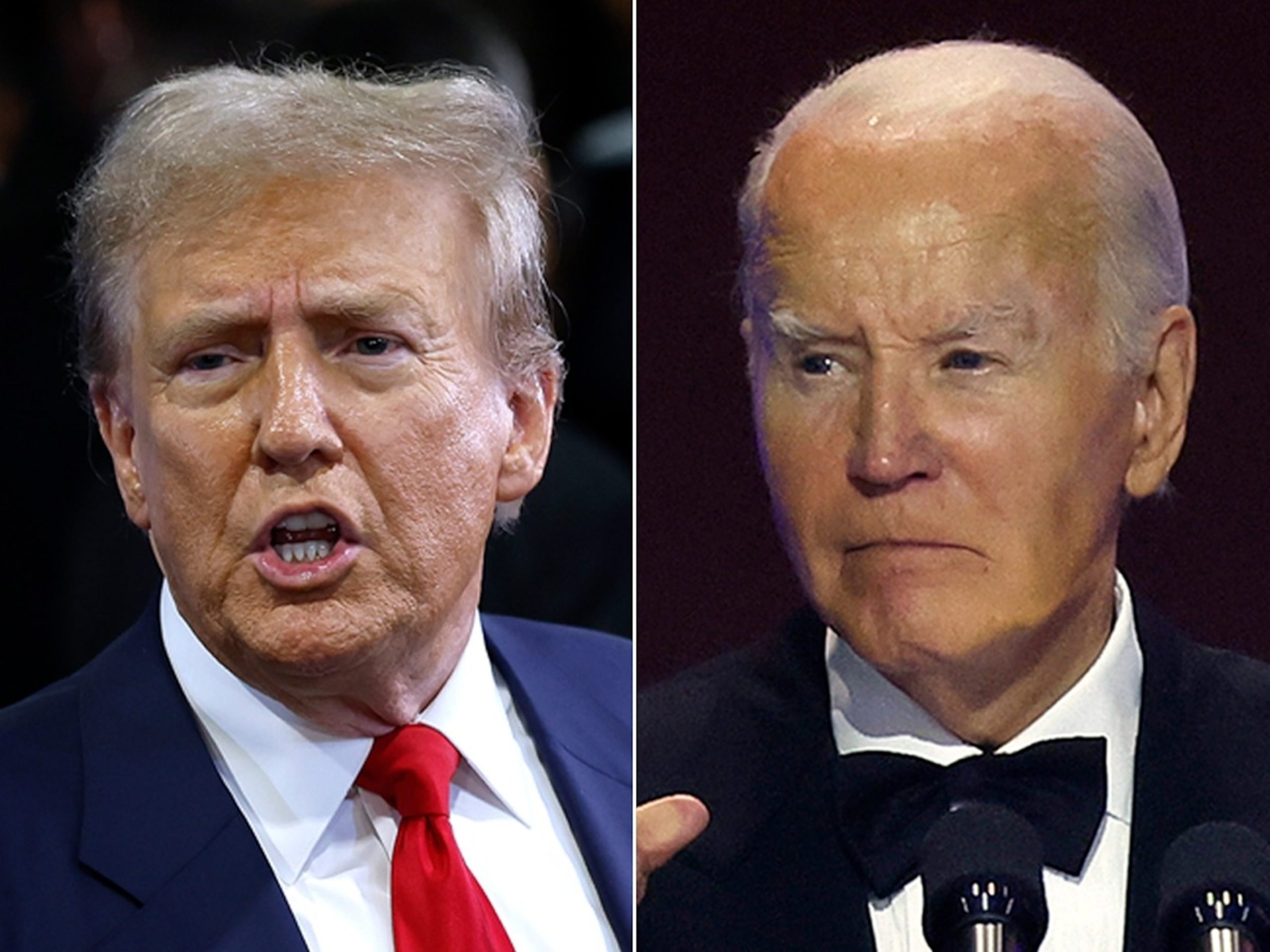A close election may come down to persuadable Americans, those who don’t currently intend to vote for Vice President Kamala Harris or former President Donald Trump but don’t flatly rule it out. But bringing them aboard is no simple task, according to the latest ABC News/Washington Post/Ipsos poll. Persuadables are few and far between, especially among registered and likely voters; less favorably inclined toward Harris and Trump alike; and notably disengaged from the election.
Indeed the question is not simply for whom they vote – but whether they vote at all.
Twelve percent of people in the poll are open to changing their minds. This includes 7% who don’t currently support Harris but say they’d consider voting for her, and an identical 7% who don’t currently support Trump but would consider voting for him, with a slight overlap of 1% who would consider both.
But those numbers shrink among registered and likely voters. Just 4% of registered voters and 2% of likely voters don’t support Harris now but say they’d consider her. It’s a similar 5% of registered voters and 3% of likely voters for Trump. This analysis, produced for ABC by Langer Research Associates, indicates slim pickings among persuadables, even though in a close race, every vote counts.
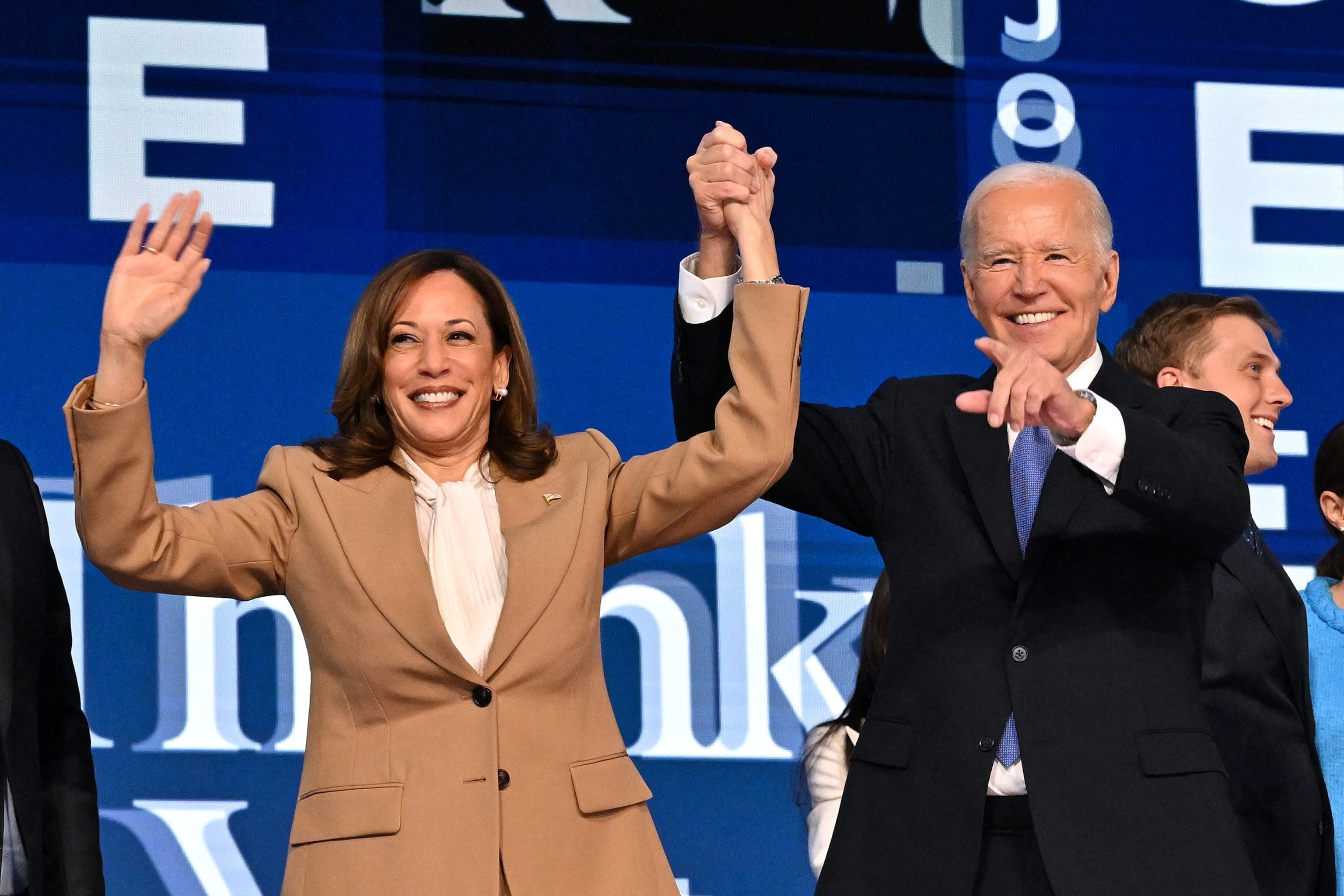
President Joe Biden holds Vice President Kamala Harris’ hand up after delivering the keynote address at the Democratic National Convention in Chicago, August 19, 2024.
Robyn Beck/AFP via Getty Images
In results among all adults (for adequate sample sizes), persuadables are relatively disengaged. Only about four in 10 are closely following the election, compared with two-thirds of adults overall. Only about a quarter say they’re certain to vote in November, compared with 63% of Americans overall. Indeed, roughly half of persuadables say they won’t vote given a choice between Harris and Trump, compared with 14% of all adults. And fewer report being registered to vote or say they voted in 2020, additional strong indicators of voting this fall.
Persuadables are less likely than other people to align with either major party and more apt to be independent or pick another party. They’re also more apt to be political moderates – 64% of those who are open to voting for Harris and 62% of those who are open to supporting Trump, vs. 42% of Americans overall.
Twenty-eight percent of persuadable Trump voters favor a third-party candidate, as do 17% of persuadable Harris voters (a slight difference, given sample sizes). These compare with only 7% of adults overall. The poll was conducted before news that Robert F. Kennedy, Jr., is expected to leave the race.
Persuadables also are more apt than adults generally to express dissatisfaction with the choice between Harris and Trump as the major-party candidates. Far more say neither of the two is honest and trustworthy, represents their personal values or understands the problems of people like them.
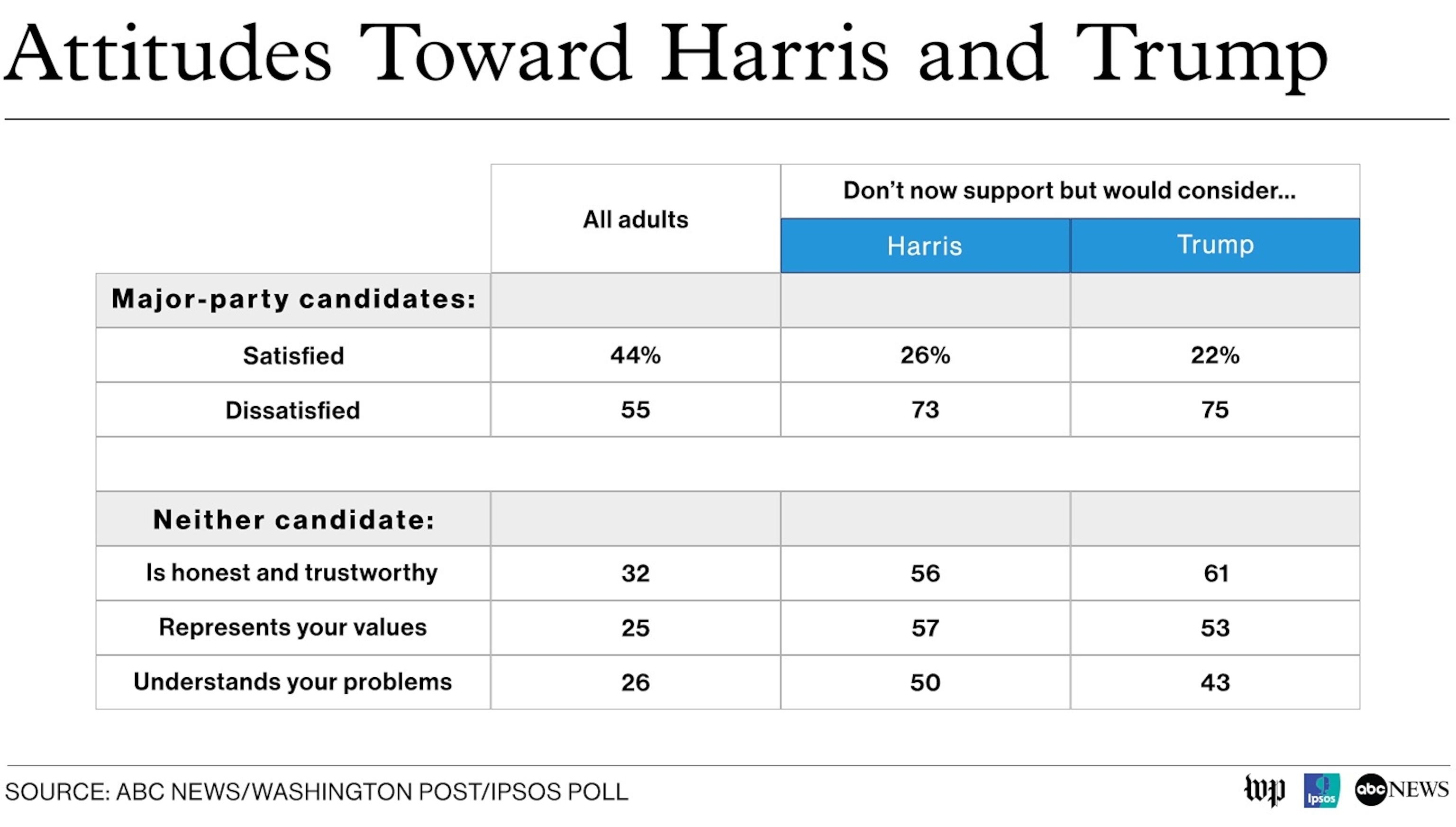
Attitudes Toward Harris and Trump
ABC News/Washington Post/Ipsos poll
As with adults generally, the economy and inflation are by far the most important issues among persuadable adults. There are, however, some differences on issue importance: Persuadables are less likely than the general public to say that protecting American democracy and appointments to the U.S. Supreme Court will be highly important in their vote.
Those who’d consider Trump are less apt than adults overall to say abortion, the Israel-Hamas war and race relations are highly important; and, compared with those who’d consider Harris, more apt to focus on immigration and slightly more apt to place importance on crime. Those who’d consider Harris are less apt than adults overall to say immigration is highly important; and, compared with those who’d consider Trump, somewhat more apt to focus on gun violence.
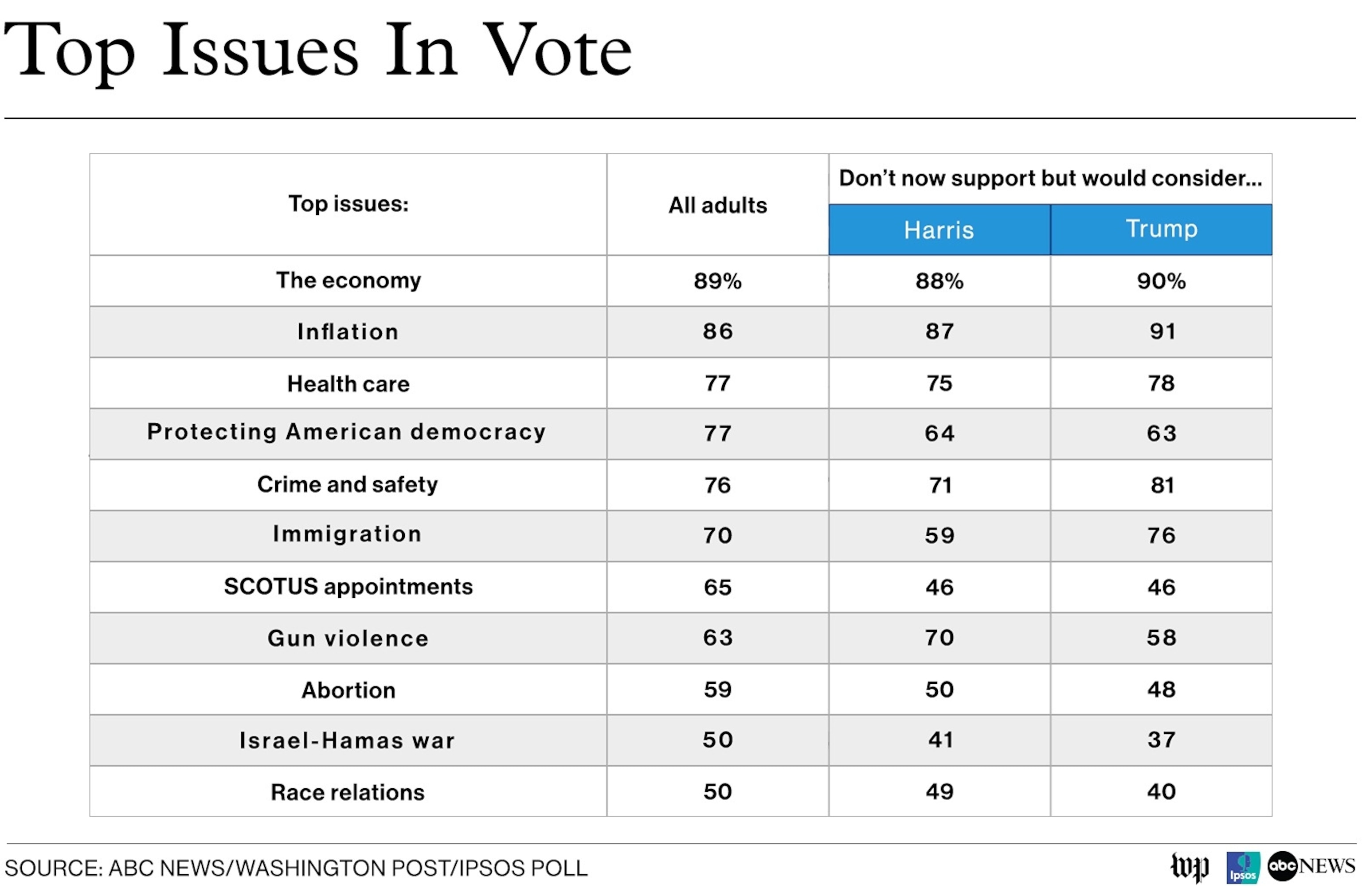
Top Issues In Vote
ABC News/Washington Post/Ipsos poll
Demographically, persuadables are comparatively young — 30% under age 30, compared with 20% of adults overall — and have lower annual household incomes (41% less than $50,000, compared with 26% of adults overall). Potential Harris persuadables are more apt to be urban residents and people of color.
In all, among people who don’t currently support Harris or Trump, nearly nine in 10 say they wouldn’t even consider doing so. That leaves the campaigns with two tasks – one, to maximize turnout by their current supporters. And two, to fish in the small and challenging pool of persuadables.
See more on the latest ABC News/Washington Post/Ipsos poll here.
In recent years, there has been a growing trend of voter flexibility in elections, where voters are more willing to switch their allegiance between political parties and candidates. This shift in voter behavior has had a significant impact on election outcomes, with the potential to reshape the political landscape.
One of the key factors driving voter flexibility is the increasing polarization of politics. With the rise of social media and 24-hour news cycles, voters are exposed to a constant stream of information and opinions that can influence their political beliefs. This has led to a more fluid electorate, where voters are less likely to be loyal to a single party or candidate.
Another factor contributing to voter flexibility is the changing demographics of the electorate. As younger, more diverse voters become a larger share of the voting population, their priorities and values are shaping the political conversation. This has forced political parties to adapt their platforms and messaging to appeal to a broader range of voters, leading to more competition and choice for voters.
The impact of voter flexibility on election outcomes can be seen in recent elections around the world. In the United States, the 2020 presidential election saw record turnout and a significant shift in support among key demographics, ultimately leading to the defeat of incumbent President Donald Trump. Similarly, in the United Kingdom, the 2019 general election saw the Conservative Party win a landslide victory, largely due to their ability to attract voters from traditionally Labour-supporting areas.
One of the main implications of voter flexibility is that it has made elections more unpredictable. With voters more willing to switch their allegiance, it is becoming increasingly difficult for political parties to predict the outcome of an election. This has forced parties to be more responsive to the needs and concerns of voters, leading to a more dynamic and competitive political environment.
Additionally, voter flexibility has also led to a greater emphasis on coalition-building and compromise in politics. With no single party able to secure a majority on their own, parties are increasingly having to work together to form governing coalitions. This has led to more diverse and inclusive governments, but also increased political gridlock and instability.
In conclusion, the impact of voter flexibility on election outcomes is undeniable. As voters become more willing to switch their allegiance and demand greater accountability from their elected officials, the political landscape is evolving in new and unpredictable ways. It is clear that political parties and candidates will need to adapt to this new reality if they want to remain competitive in future elections.
